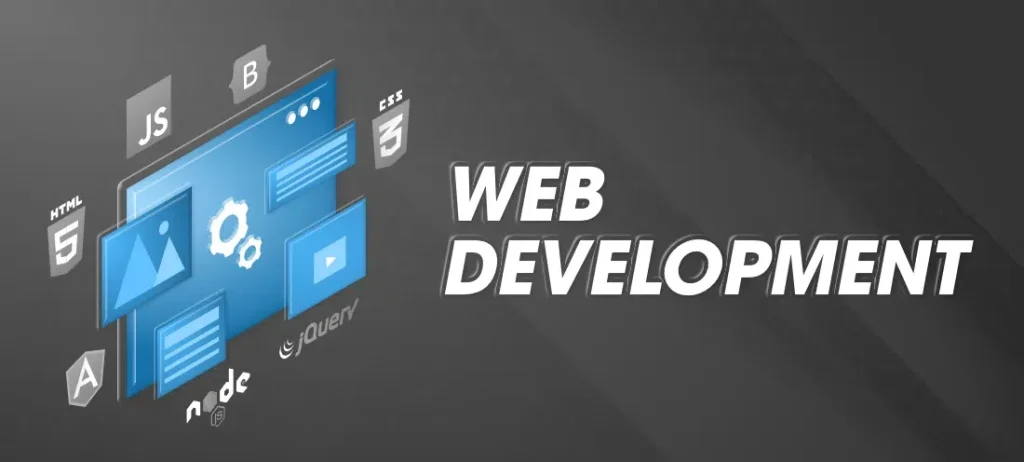
Web development has become an essential skill in today’s digital age, as businesses and individuals alike strive to establish a robust online presence. From simple static pages to complex web applications, the field has evolved considerably, embracing technologies that cater to both functionality and user experience. Understanding the foundational aspects of web development equips aspiring developers with the tools needed to create interactive and engaging websites that captivate users.
As the online landscape continues to expand, the demand for proficient web developers remains high, driven by the need for businesses to maintain a competitive edge. This article will explore the various facets of web development, including design principles, programming languages, and frameworks that are pivotal in building responsive and user-friendly sites. Whether you are a seasoned developer or a newcomer, gaining insight into these essential elements will enhance your skills and broaden your understanding of the web development domain.
Key Technologies in Web Development
The landscape of web development is heavily influenced by the adoption of diverse programming languages and frameworks, each serving a specific purpose. HTML, CSS, and JavaScript form the foundational trio, allowing developers to create structured, styled, and interactive web pages. Beyond these basics, frameworks such as React, Angular, and Vue.js have emerged, streamlining the process of building dynamic user interfaces. Furthermore, back-end technologies like Node.js and PHP support data management and server interactions, ensuring a seamless user experience. As developers seek to enhance efficiency and maintainability, modern approaches like responsive design and modular architecture have become integral to the workflow.

The Importance of User Experience
User experience (UX) is paramount in web development, as it directly impacts user engagement and retention. A site that is easy to navigate, visually appealing, and accessible tends to keep visitors for longer periods, increasing the likelihood of conversions. This focus on UX encourages developers to collaborate closely with designers to create interfaces that meet user expectations and adapt to varying devices. Engaging a professional team, such as a Custom web development company Melbourne, can greatly enhance the effectiveness of these strategies, ensuring that both aesthetic and functional elements of a website align flawlessly to create a superior browsing experience.
In conclusion, the field of web development is not just about coding; it is about creating an immersive and seamless experience for users across a myriad of devices and platforms. As technologies evolve and user expectations rise, the role of web developers becomes increasingly vital in transforming ideas into functional, attractive websites that fulfill specific business objectives. Embracing best practices in user experience design, staying updated with the latest frameworks, and honing one’s technical skills are essential for anyone looking to thrive in this dynamic environment. Ultimately, successful web development hinges on the harmonious integration of creativity and technology, resulting in sites that not only captivate visitors but also drive meaningful interactions and conversions.


